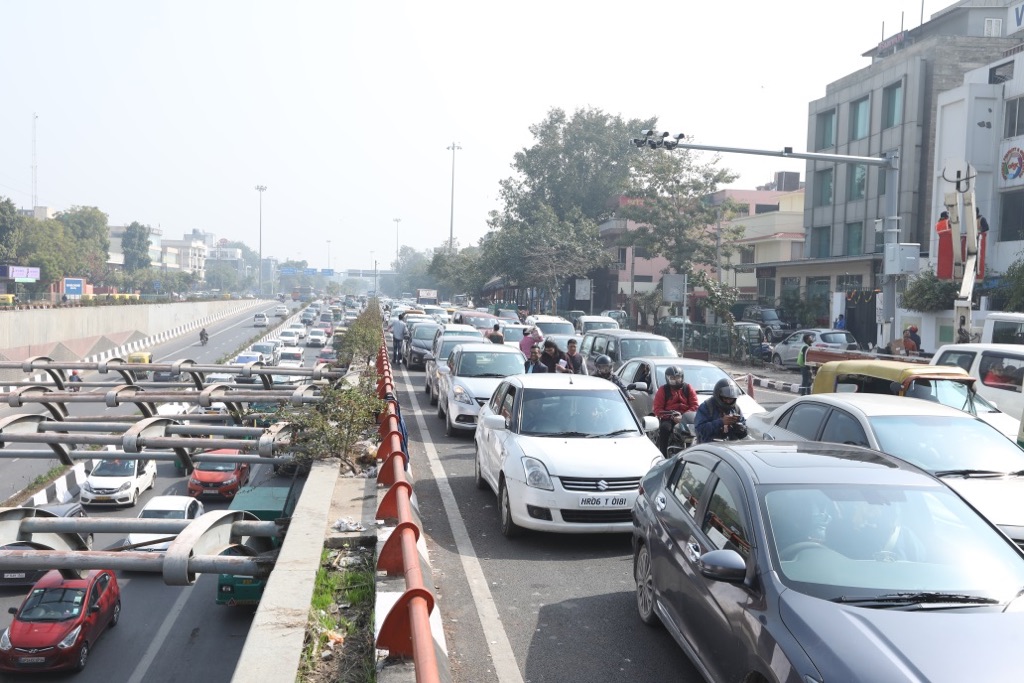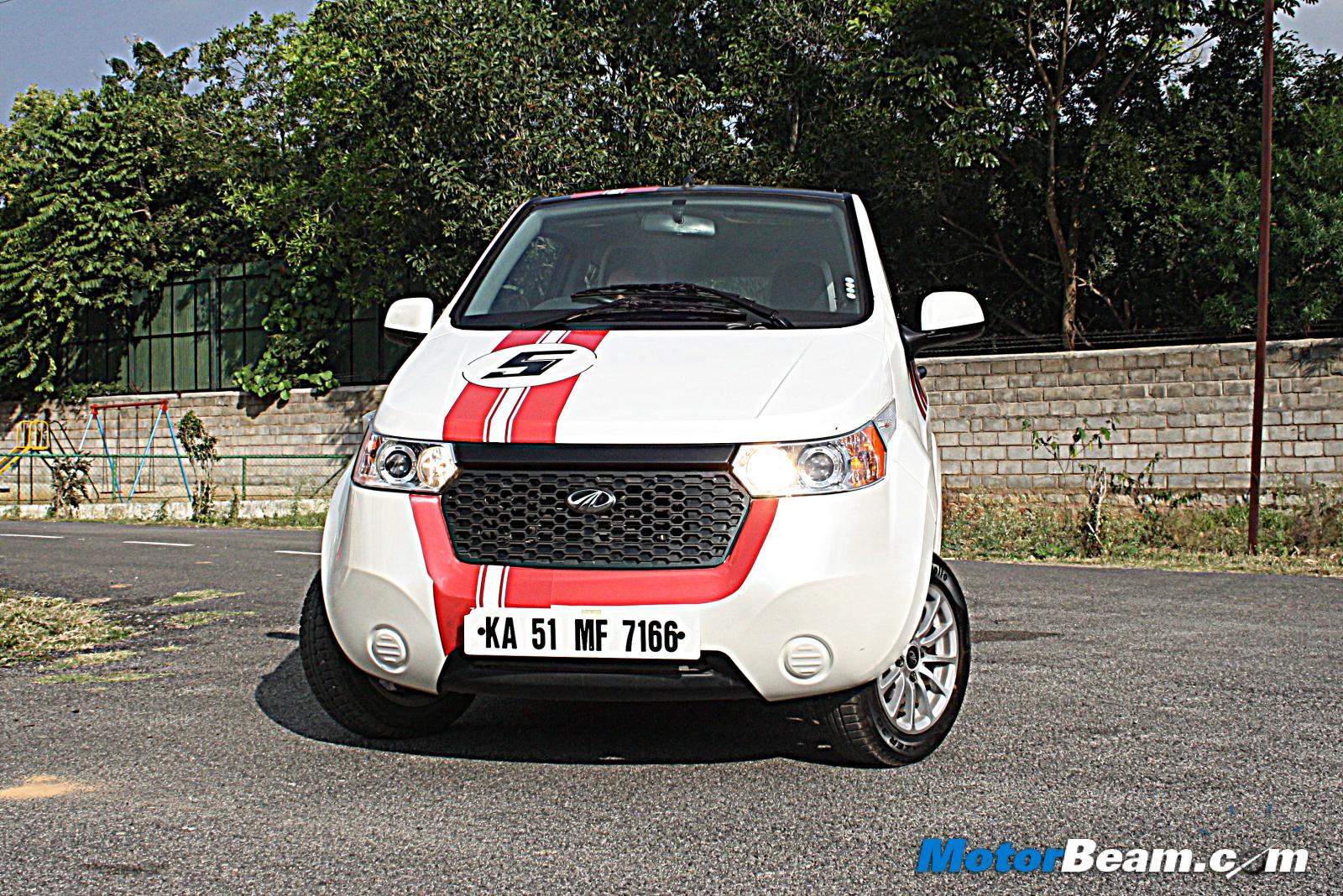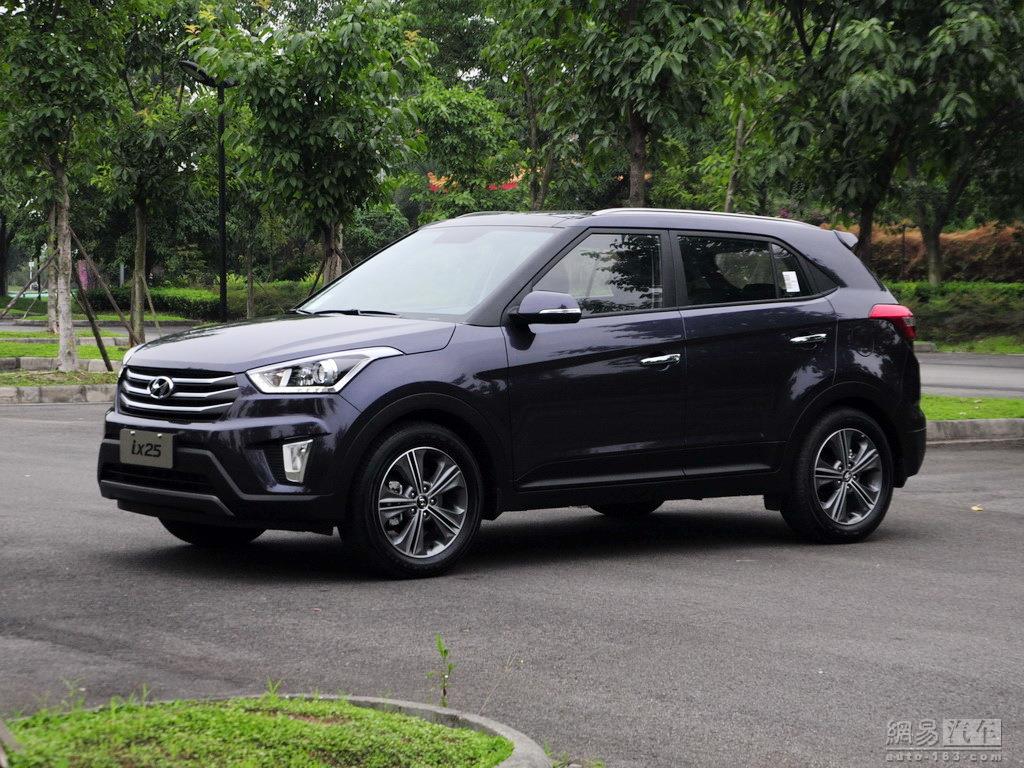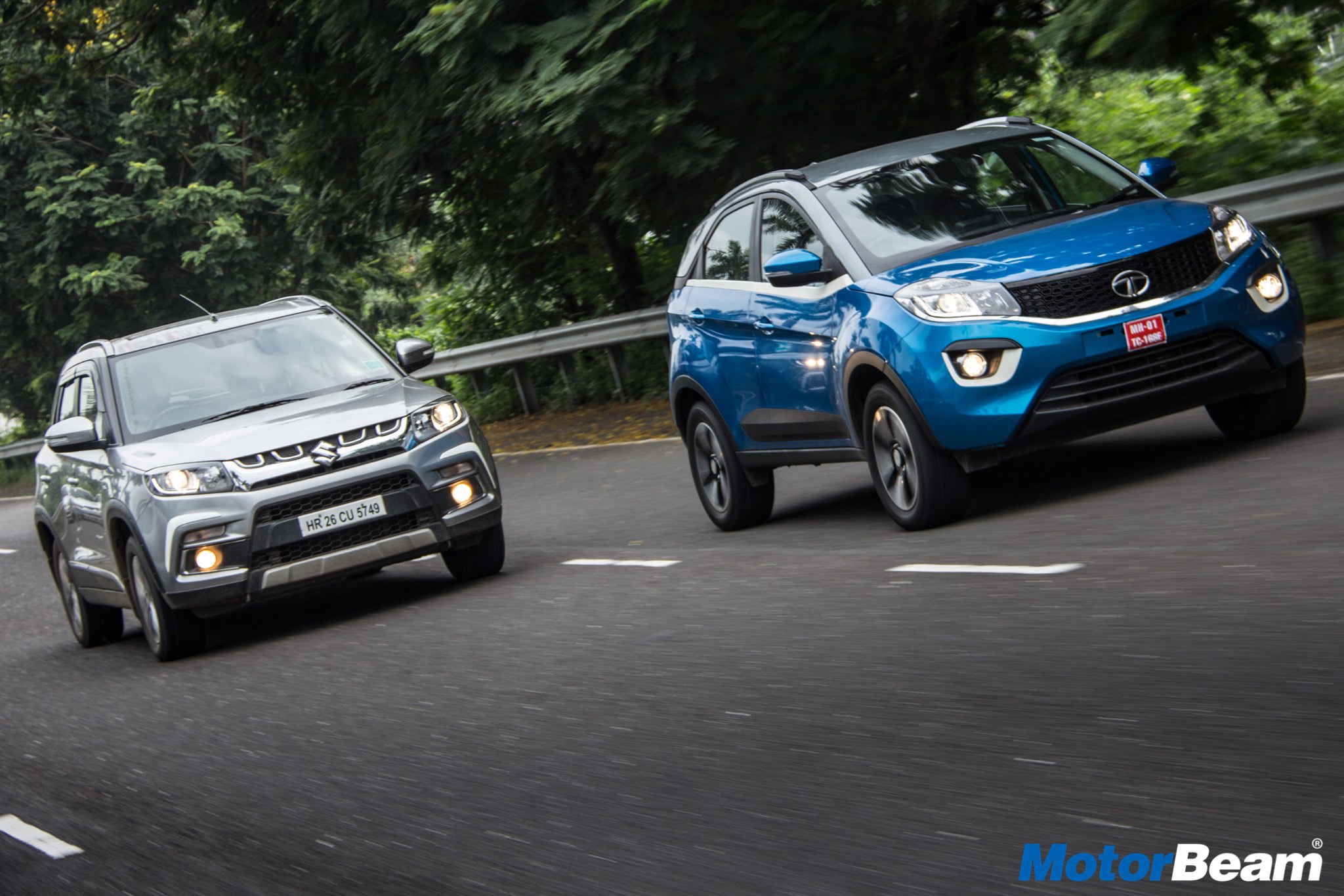
Delhi pollution rises, government implements GRAP stage 3 actions
In response to the worsening air pollution in the Delhi NCR region, the government has taken stringent actions by invoking Stage III of the Graded Response Action Plan (GRAP). Among these measures, the Delhi Transport Department has issued a ban on all BS3 petrol and BS4 diesel vehicles from 2nd November, 2023 until further notice.
According to the authorities, this move aims to combat the severe air pollution crisis that has gripped the region. The government’s decision to implement Stage III of the GRAP comes as the Air Quality Index (AQI) in Delhi has reached ‘Severe’ levels.
Those who violate this order will face legal consequences, including prosecution under Section 194(1) of the Motor Vehicle Act, 1988. This section provides for a substantial fine of Rs. 20,000.
While the ban affects a significant number of vehicles, there are exceptions for specific categories of vehicles. Emergency services, police vehicles and government vehicles used for enforcement will not be subject to this restriction. These exemptions are essential to ensure the seamless functioning of critical services during this period.
The deteriorating air quality poses serious health risks to the population, necessitating swift and effective measures to curb pollution. However, do these measures of banning BS3 and BS4 vehicles really make a difference to the thick cloud of smoke over Delhi? The biggest reason of this sharp rise in AQI is the stubble burning around the neighbouring areas. It is a process of setting the straw stubble on fire which is left after harvesting of grains.
We believe the government should help the farmers avoid stubble burning by providing necessary machines and equipment to remove the crop residue without burning. Banning BS3 petrol and BS4 diesel vehicles that have a valid PUC (pollution under control) certificate is a big inconvenience for the owners who have paid taxes and comply to the emission norms formed by the authorities.




